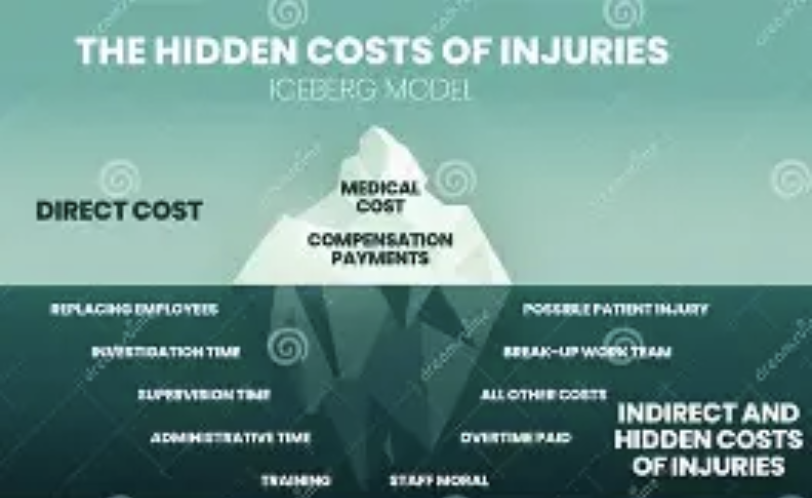
For ordinary families, life insurance can be bought regularly, whole life insurance is strongly not recommended. Why does life insurance not recommend buying lifelong? When we buy insurance, one of the first principles is to buy insurance according to demand; In my previous article, I have always shared a view that the elderly do not need life insurance. Think about it, what do we buy life insurance for? Is to be in the unfortunate death, the insurance money that life insurance pays can replace us to provide economic security for the family, that is, the insured person of life insurance should be the economic pillar of the family; The elderly are basically not the economic pillar of the family, and their death will not have an impact on the family's economic sources, so naturally there is no demand for life insurance protection. The elderly do not have life insurance demand, from the point of view of risk protection, life insurance is unnecessary protection to the whole life.

What is the maximum age that life insurance needs to protect? Recommended coverage up to age 60 (retirement); Or until the youngest child gets married (around 25). Some people buy life insurance like to choose protection to 70 years old or 80 years old, the total feeling that the greater the age of protection to obtain compensation more likely, psychological more acceptable; This has a little bit of self-comfort, it is true that the older the insurance age is, the greater the probability of compensation is, but the more the premium is paid, if not paid, the "loss" is not more?Therefore, for ordinary families, buy life insurance or honestly from the perspective of protection needs, buy term life insurance, and have enough life insurance protection before the age of 60.
However, since this kind of whole life insurance product exists in the insurance market for a long time, it also has a target population, its target population is high net worth people, colloquially said, the rich. Some people will say that the role of life insurance is to provide economic security for the family after the death of the insured, but this does not apply to the rich, the rich are already very rich, which still needs life insurance to provide economic security? If you have tens of millions of dollars, would you worry about financial difficulties for your family after your death? No, you may be more worried about how your wealth will be distributed among your family and how to ensure that your wealth is passed on to the people you love most. Whole life insurance can solve this problem to a certain extent, people are 100% to die, so whole life insurance is also a 100% compensation insurance, if you buy a high whole life insurance, and then confirm the beneficiary and the proportion of benefit, then you can 100% ensure that your wealth can be passed on to your loved ones by your own will; Usually the salesman has many aspects of whole life insurance packaging, such as death protection, such as debt avoidance, tax avoidance, and then such as wealth inheritance, I think wealth inheritance is the biggest role of whole life insurance; And the premise of wealth inheritance is to have money.

But it is not to say that only wealth inheritance can buy whole life insurance, only rich people can buy whole life insurance, a lot of partners consulting whole life insurance must also have their own needs and considerations, such as pension. Whole life insurance is essentially a savings insurance, the policy has a very high cash value, if the surrender in old age, you can get close to the cash value of the amount of insurance, and this money can just be used to do pension security; At the same time, now the annual premium also played the role of forced savings, is also a choice.



